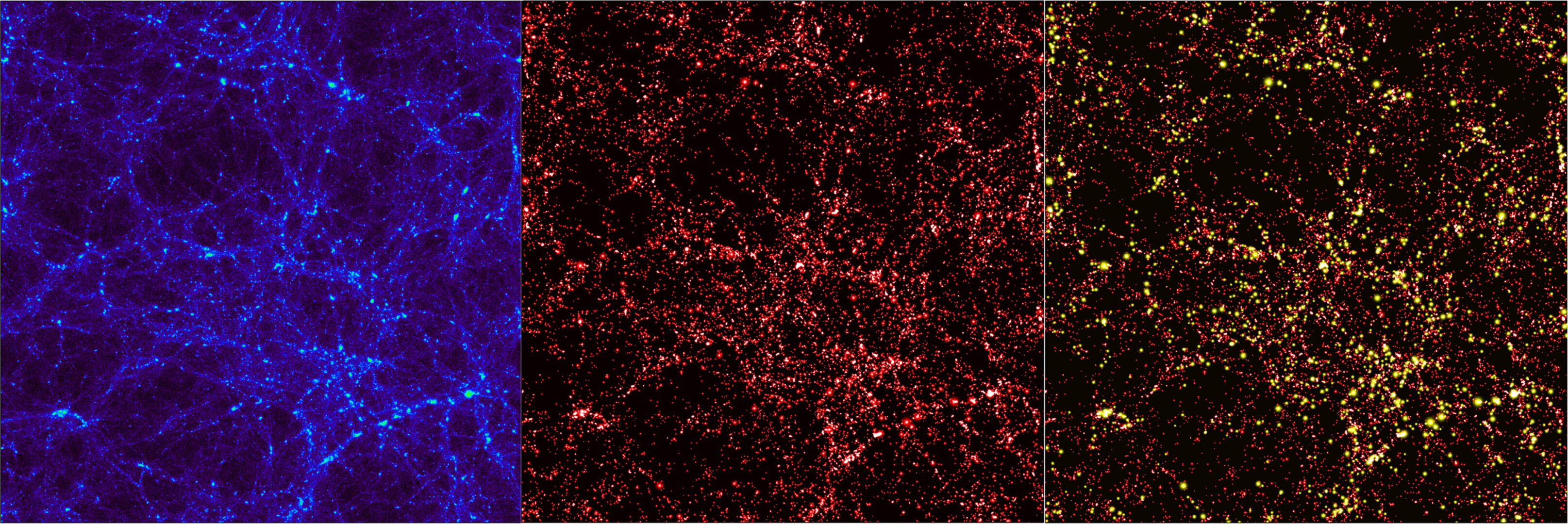2011 – Analyzing infrared images taken by Herschel’s SPIRE (Spectral and Photometric Imaging Receiver) instrument
Herschel is showing us that we don’t need quite so much dark matter as we thought to trigger a starburst.

2004 – ESA announced that an international team of astronomers may have set a new record in discovering what is the most distant known galaxy in the Universe
1965 – The first Pegasus satellite Marshall-built, was launched on a Saturn I rocket, and was designed to study micrometeoroid impacts in low Earth orbit. After being placed into orbit around the Earth, the satellite unfolded a series of giant panels to form a pair of wings measuring 96 feet across.

1961 – Explorer 9 (S-56a) a 7-kilogram (15 lb), 3.7-metre (12 ft) balloon which was deployed into a medium Earth orbit to study the density and composition of the upper thermosphere and
lower exosphere is launched.
1948 – Uranus’s moon Miranda is discovered by Gerard Kuiper.
Birthdays
1786 – Francois Arago, pioneer scientist in the wave nature of light and the inventor of the polarimeter and other optical devices. His theory of light predicted that the velocity of light should decrease as it passes into a denser medium.
1698 – Pierre Bouguer. He found the light of the sun to be 300 000 times more intense than that of the moon, and thus made some of the earliest measurements in photometry. (d. 15 August 1758)
1452 – Johannes Stöffler was a German astronomer and maker of astronomical instruments (d. 16 February 1531)